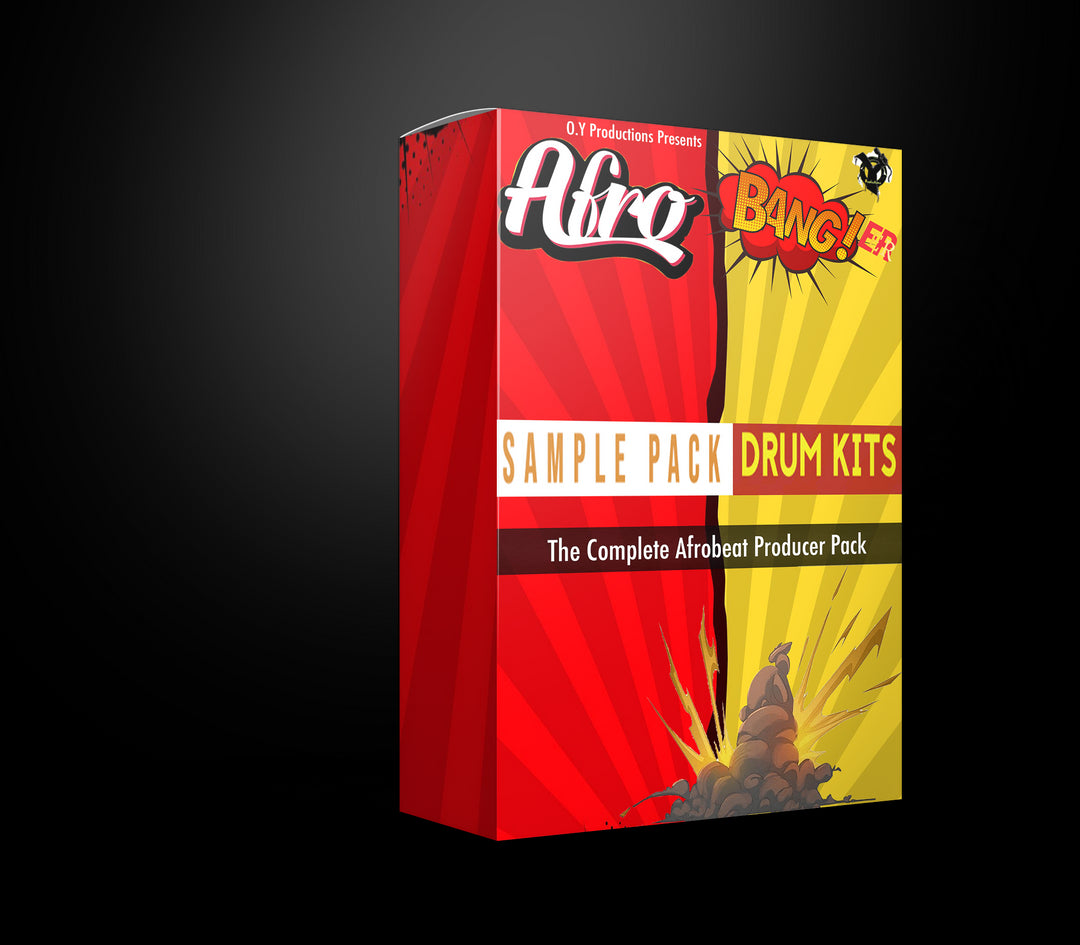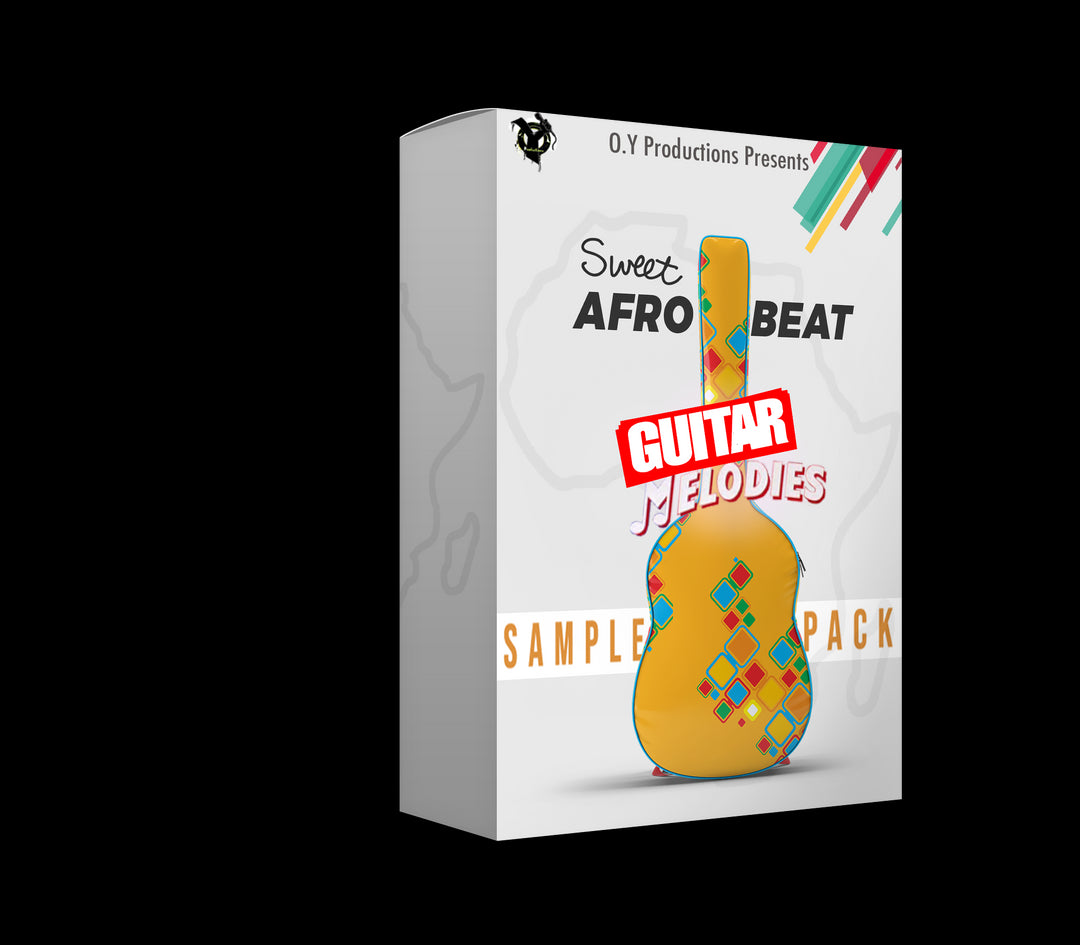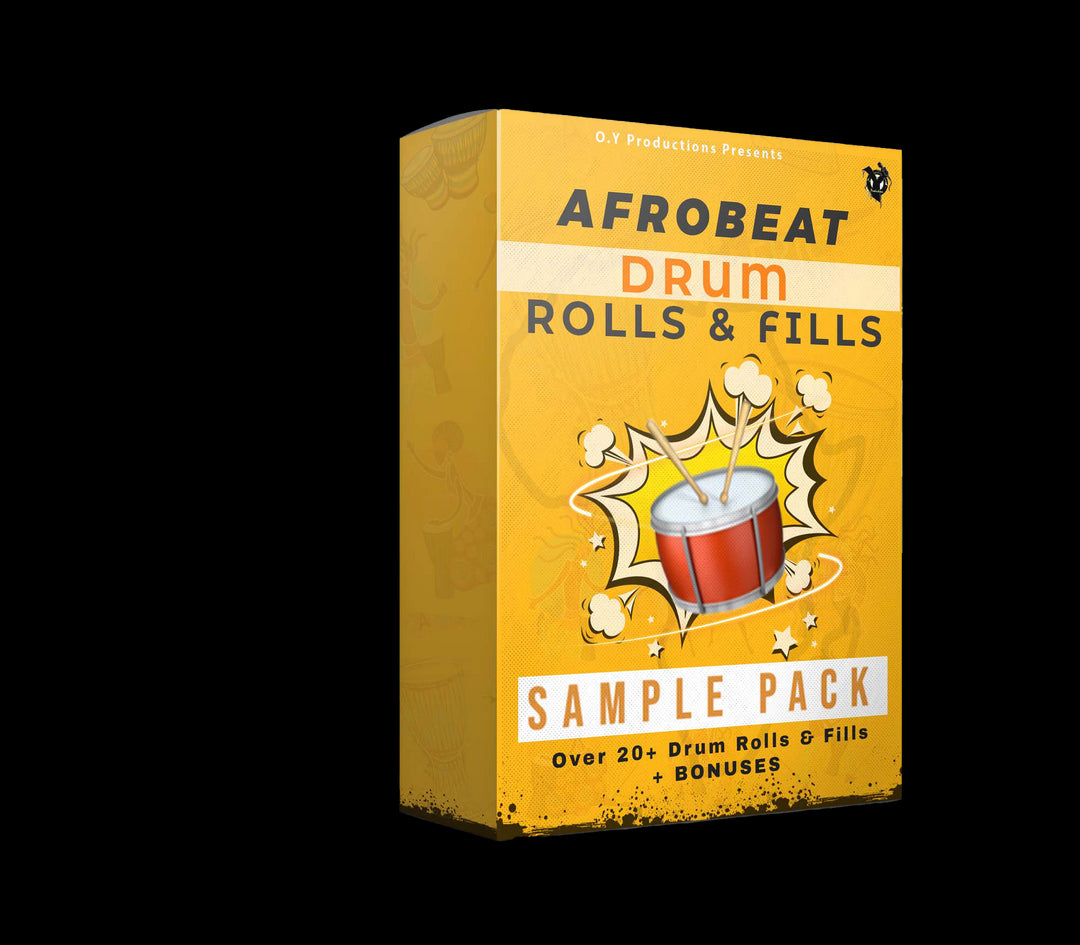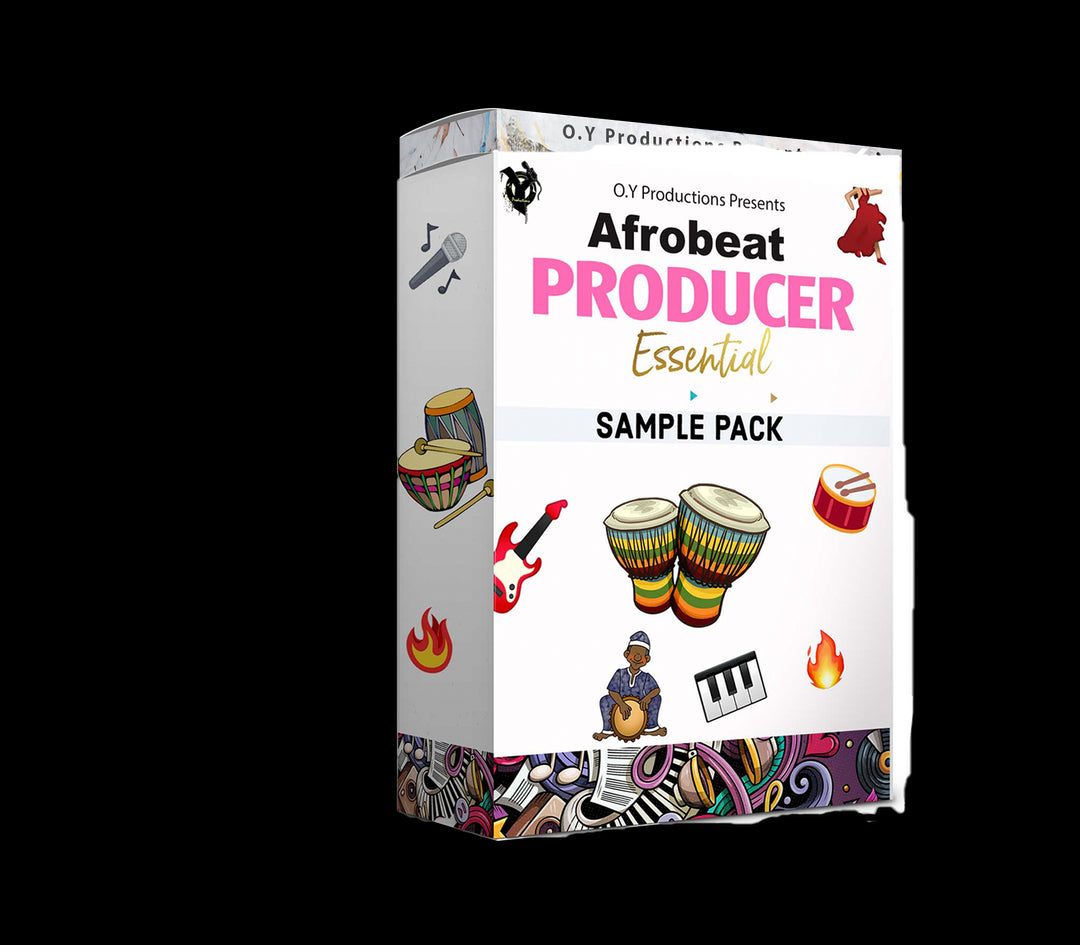10 Social Media Tips for Music Producers: Building Your Brand Online
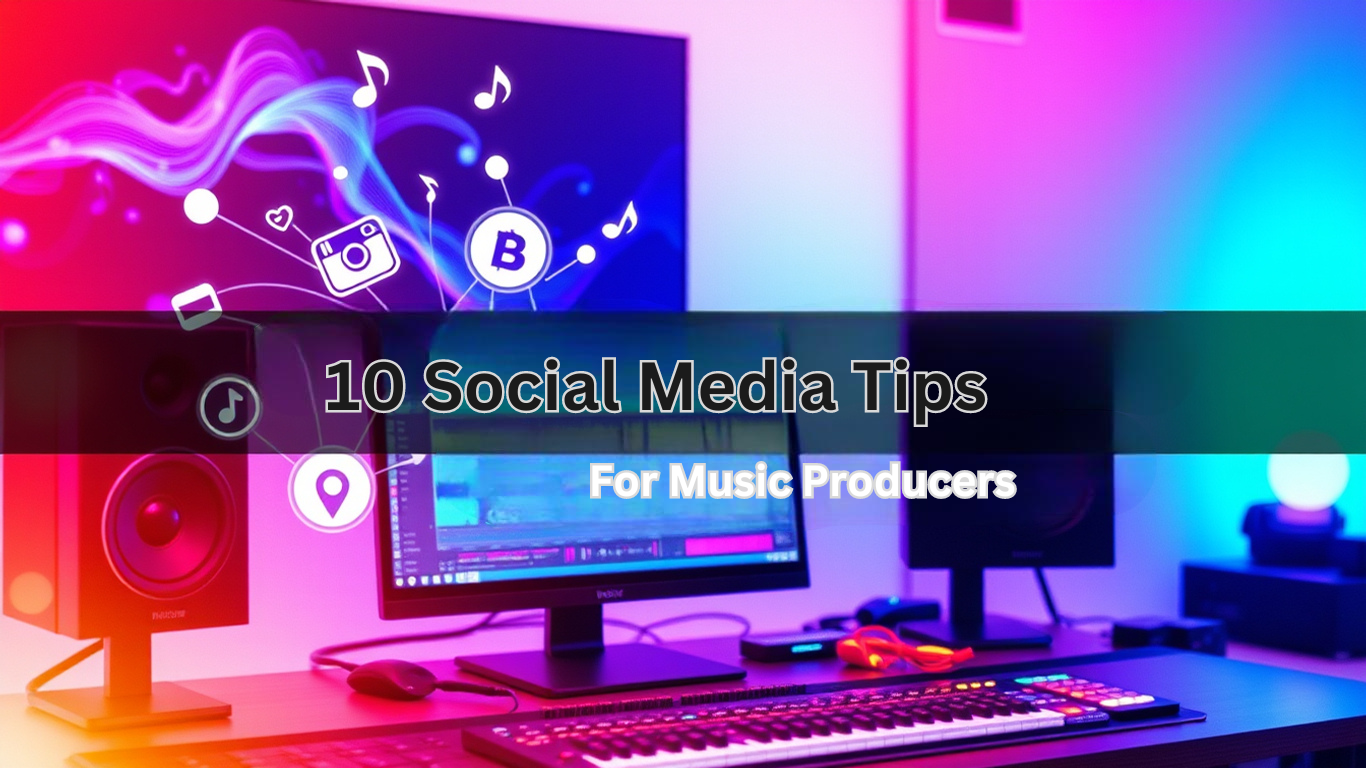
In today's digital age, social media is more than just a platform for sharing photos or videos—it's a powerful tool for building your brand as a music producer. Whether you're just starting out or have been in the game for a while, understanding how to effectively use social media can significantly impact your success. In this article, we'll explore ten essential tips to help you leverage social media and grow your brand online.
1. Understanding Your Brand as a Music Producer
Before diving into social media strategies, it's crucial to have a clear understanding of your brand. Your brand is essentially your identity as a music producer—what makes you unique, what kind of music you create, and how you want to be perceived by your audience.
Defining Your Unique Sound and Style
Your sound and style are the core of your brand. Are you known for producing upbeat, energetic tracks, or do you specialize in creating moody, atmospheric beats? Understanding what sets you apart from other producers will help you create a cohesive brand identity that resonates with your audience.
Knowing Your Target Audience
Once you've defined your sound and style, the next step is to understand who your target audience is. Are they young and into the latest music trends, or do they prefer more classic, timeless tracks? Knowing your audience will guide your content creation and help you connect with them on a deeper level.
2. Choosing the Right Social Media Platforms
Not all social media platforms are created equal, especially when it comes to promoting music. It's important to choose the platforms that best align with your brand and where your target audience is most active.
Instagram: Visual Storytelling for Producers
Instagram is a great platform for music producers because it allows you to visually showcase your brand. From sharing behind-the-scenes photos of your studio sessions to posting short clips of your latest tracks, Instagram helps you build a visual narrative that complements your music.
TikTok: Short-Form Content to Engage Fans
TikTok has quickly become a go-to platform for musicians and producers to reach a younger audience. Its short-form video format is perfect for sharing quick tips, beat-making tutorials, or even challenges that encourage your fans to engage with your music in creative ways.
YouTube: Showcasing Your Skills and Tutorials
YouTube remains one of the best platforms for music producers to showcase their skills. Whether you're posting full-length tutorials, beat-making sessions, or music videos, YouTube gives you the space to create in-depth content that can attract a dedicated following.
3. Creating Consistent Content
Consistency is key when it comes to building a strong presence on social media. By regularly posting high-quality content, you keep your audience engaged and coming back for more.
Building a Content Calendar
A content calendar helps you plan out your posts in advance, ensuring that you maintain a consistent posting schedule. It also allows you to strategically align your content with upcoming events, releases, or trends in the music industry. We have The 2024 Producer Content Calendar that completely shows in detail what you need to do and how you can improve on the quality of your contents.
Balancing Promotion with Engagement
While promoting your music is important, social media is also about building relationships. Make sure your content mix includes both promotional posts and engagement-focused content, such as asking your audience questions, responding to comments, or sharing user-generated content.
4. Leveraging Hashtags Effectively
Hashtags are a powerful tool for increasing the visibility of your posts. When used correctly, they can help you reach a broader audience and connect with people who are interested in your music.
Researching Popular Hashtags in the Music Industry
Take the time to research popular hashtags that are relevant to your niche. Using industry-specific hashtags can help your posts get discovered by other music professionals and fans who are interested in your genre.
Using Niche Hashtags to Target Specific Audiences
In addition to popular hashtags, consider using niche hashtags that target a more specific audience. These can be related to your unique sound, style, or even your location, helping you connect with people who are more likely to become dedicated fans.
5. Engaging with Your Audience
Engagement is a two-way street. The more you interact with your audience, the more they will feel connected to your brand, leading to increased loyalty and support.
Responding to Comments and Messages
Take the time to respond to comments and messages from your followers. Whether it's a simple "thank you" or a more in-depth conversation, showing that you value their input can go a long way in building a loyal fanbase.
Hosting Live Q&A Sessions
Live Q&A sessions are a great way to connect with your audience in real-time. They allow you to answer questions, share insights about your music production process, and give your followers a glimpse into your personality and creative journey.
6. Collaborating with Other Artists
Collaboration is a powerful way to expand your reach on social media. By working with other artists, you can tap into each other's audiences and create content that resonates with a wider group of people.
Finding Collaboration Opportunities on Social Media
Social media is a great place to find potential collaborators. Whether it's through direct messages, commenting on each other's posts, or participating in online communities, there are plenty of opportunities to connect with other artists.
Promoting Each Other's Work
Once you've established a collaboration, make sure to promote each other's work on your respective social media channels. This not only helps you reach a new audience but also strengthens the bond between you and your collaborator.
7. Using Analytics to Improve Your Strategy
Social media analytics provide valuable insights into how your content is performing and what your audience likes. By regularly reviewing this data, you can fine-tune your strategy to better meet your audience's needs.
Tracking Engagement and Growth
Keep an eye on metrics such as likes, comments, shares, and follower growth. These metrics can help you understand which types of content resonate most with your audience and which areas need improvement.
Adapting Your Strategy Based on Data
Use the insights gained from your analytics to adjust your content strategy. For example, if you notice that certain types of posts get more engagement, consider creating more of that content. Conversely, if something isn't working, don't be afraid to pivot and try something new.
8. Investing in Paid Advertising
While organic reach is important, sometimes it pays to invest in paid advertising to boost your visibility on social media.
Choosing the Right Platforms for Ads
Not all platforms are equally effective for advertising music. Consider where your target audience spends most of their time and focus your ad spend on those platforms for the best return on investment.
Creating Effective Ad Campaigns
When creating ads, make sure they are visually appealing and have a clear call to action. Whether it's driving traffic to your latest release or encouraging followers to join your mailing list, your ads should be designed with a specific goal in mind.
9. Protecting Your Brand and Reputation
Your online reputation is crucial to your success as a music producer. It's important to manage it carefully and address any issues that arise in a professional manner.
Managing Negative Feedback and Criticism
Negative feedback is inevitable, but how you handle it can make a big difference. Responding calmly and professionally to criticism shows that you are mature and open to feedback, which can enhance your reputation.
Maintaining Professionalism Online
Always maintain a level of professionalism in your online interactions. Avoid engaging in arguments or posting content that could be perceived as offensive or inappropriate, as this can damage your brand.
10. Staying Authentic and True to Yourself
Finally, it's essential to stay authentic. Social media can sometimes pressure you to conform to trends, but staying true to your unique sound and style will help you build a brand that is genuine and lasting.
Sharing Your Journey as a Music Producer
Share your journey, including the ups and downs, with your audience. Being open about your experiences makes you more relatable and can inspire others who are on a similar path.
Avoiding the Temptation to Follow Trends Blindly
While it's important to stay current, don't feel the need to jump on every trend. Focus on what aligns with your brand and resonates with your audience, rather than chasing trends that don't fit your style.
Conclusion
Building your brand online as a music producer takes time, effort, and a strategic approach to social media. By understanding your brand, choosing the right platforms, creating consistent content, engaging with your audience, and staying true to yourself, you can grow your online presence and connect with fans in meaningful ways. Remember, social media is a tool—how you use it will determine your success.
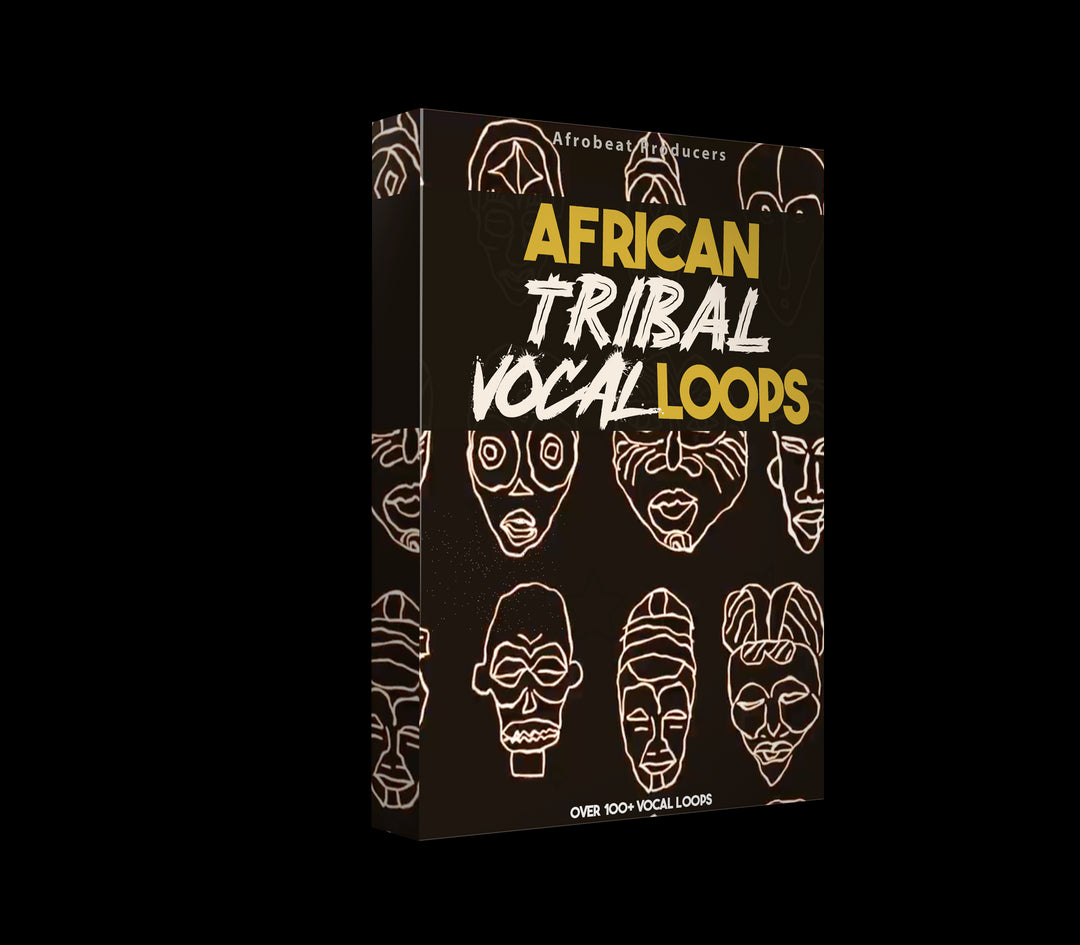
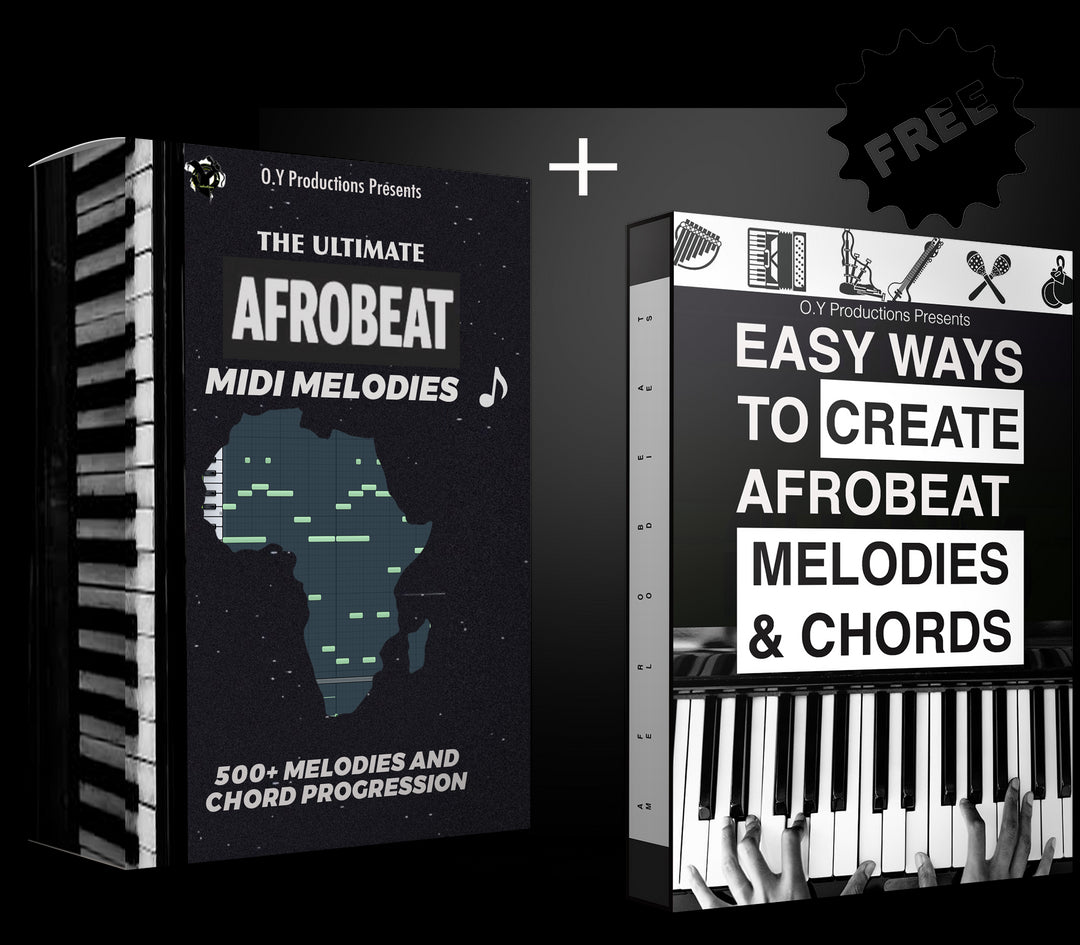
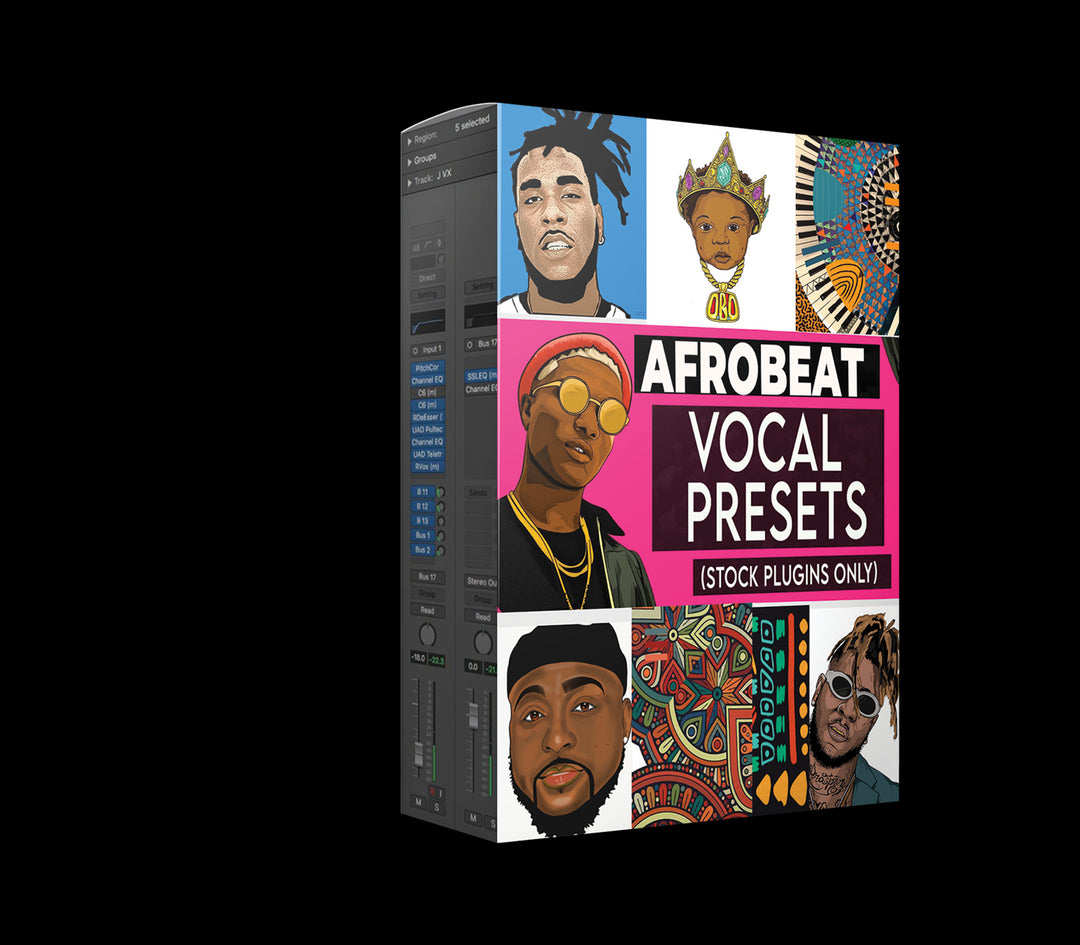
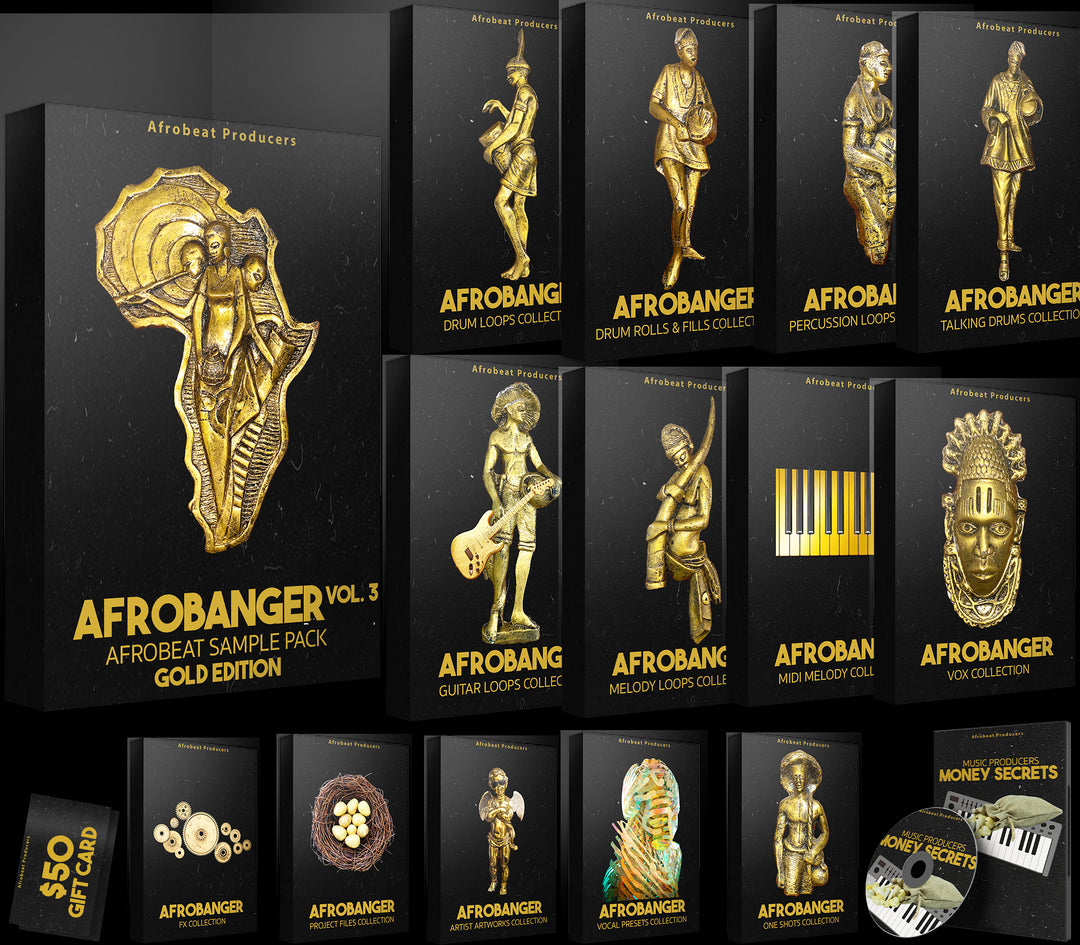
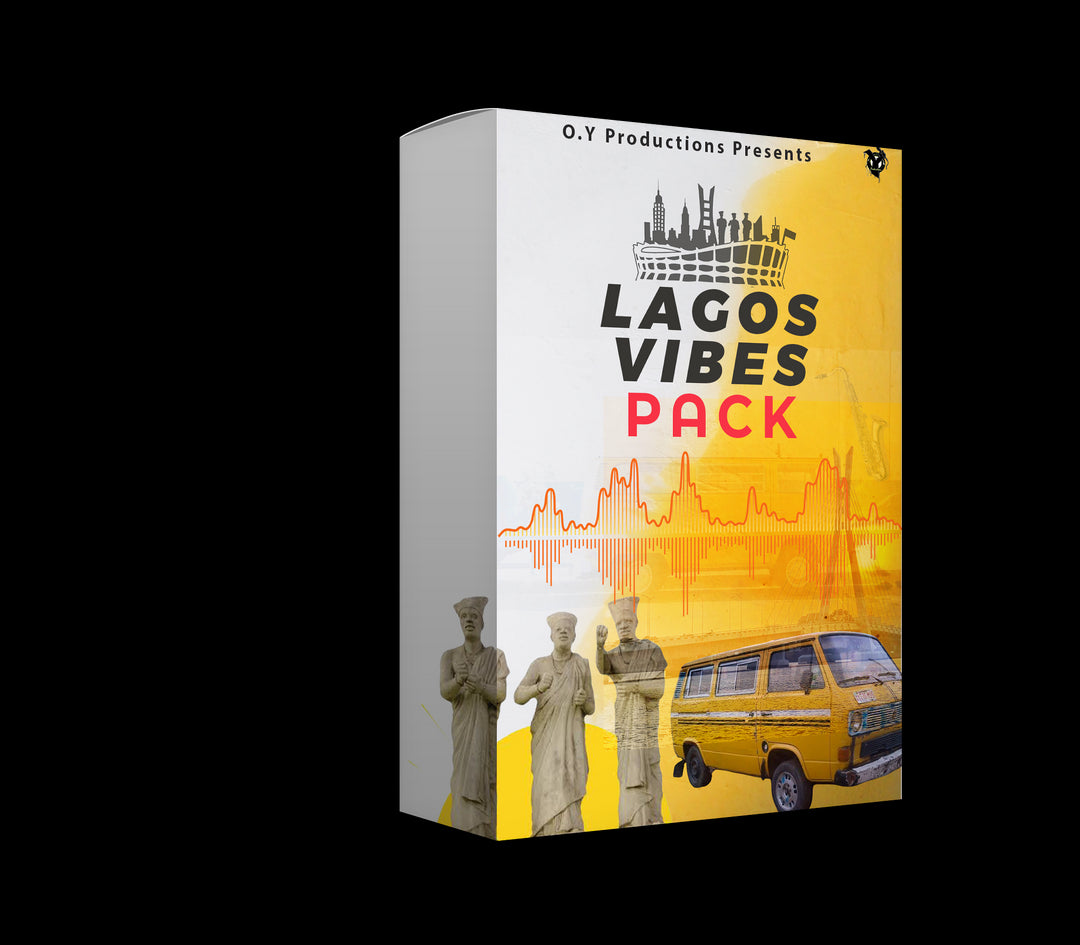
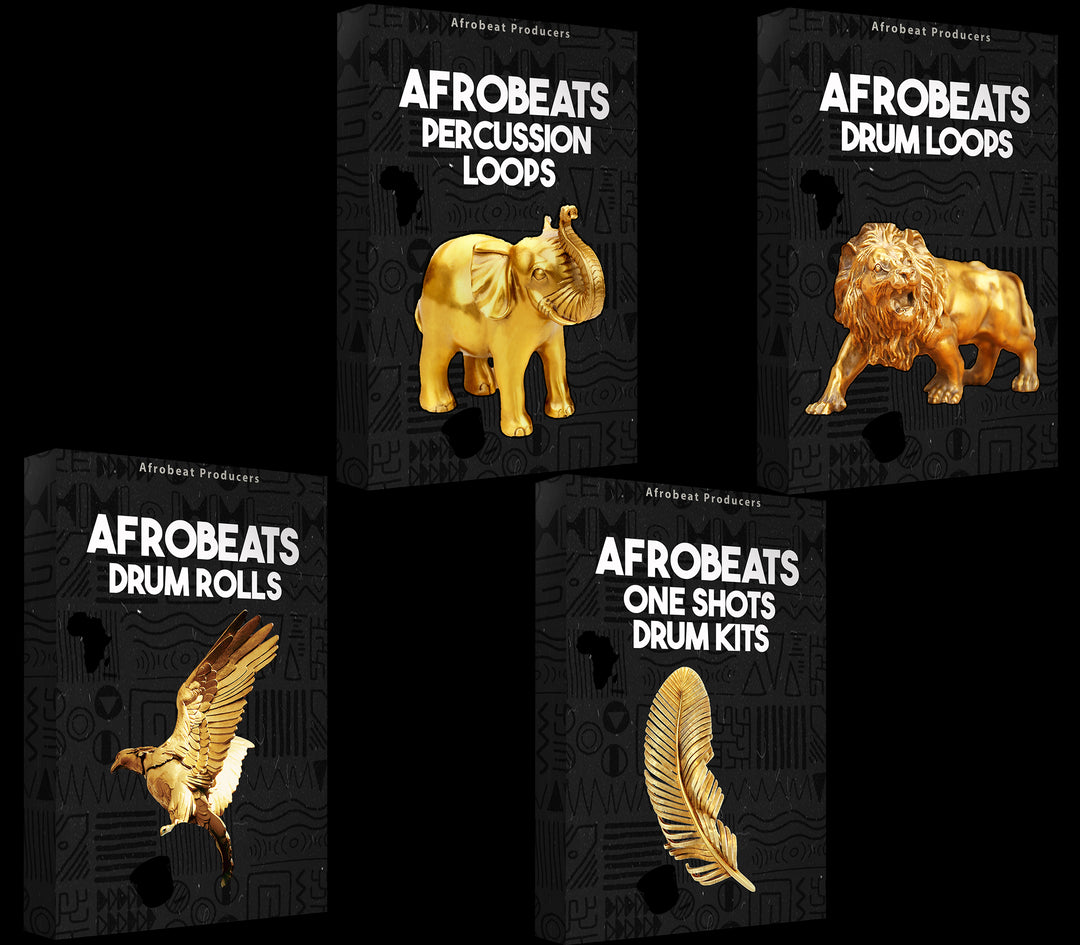
![amapiano essential sample pack download,Free Download Amapiano Log Drum Bass Pack Amapiano .WAV Samples [Works on Logic Pro ,FL Studio Abelton Live , Reason, all DAWs] Logic Pro Tutorial, free amapiano drum sample pack,Drum Loops + Construction Kit Loops Percussion Loops, Guitar Melody Loops, MIDI Melody Loops, FL Studio Fruity DX10 - Log Drum Presets Log Drums (MIDI Melody) Log Drums (Wave Audio) MIDI Snare DRum Loops + One Shots Rolls and Fills Shaker Loops Vox Chops VST Plugins Presets FX + BONUS](http://afrobeatproducers.com/cdn/shop/files/AmaPianoEssentialSamplePack.png?format=jpg&v=1701804534&width=1080)
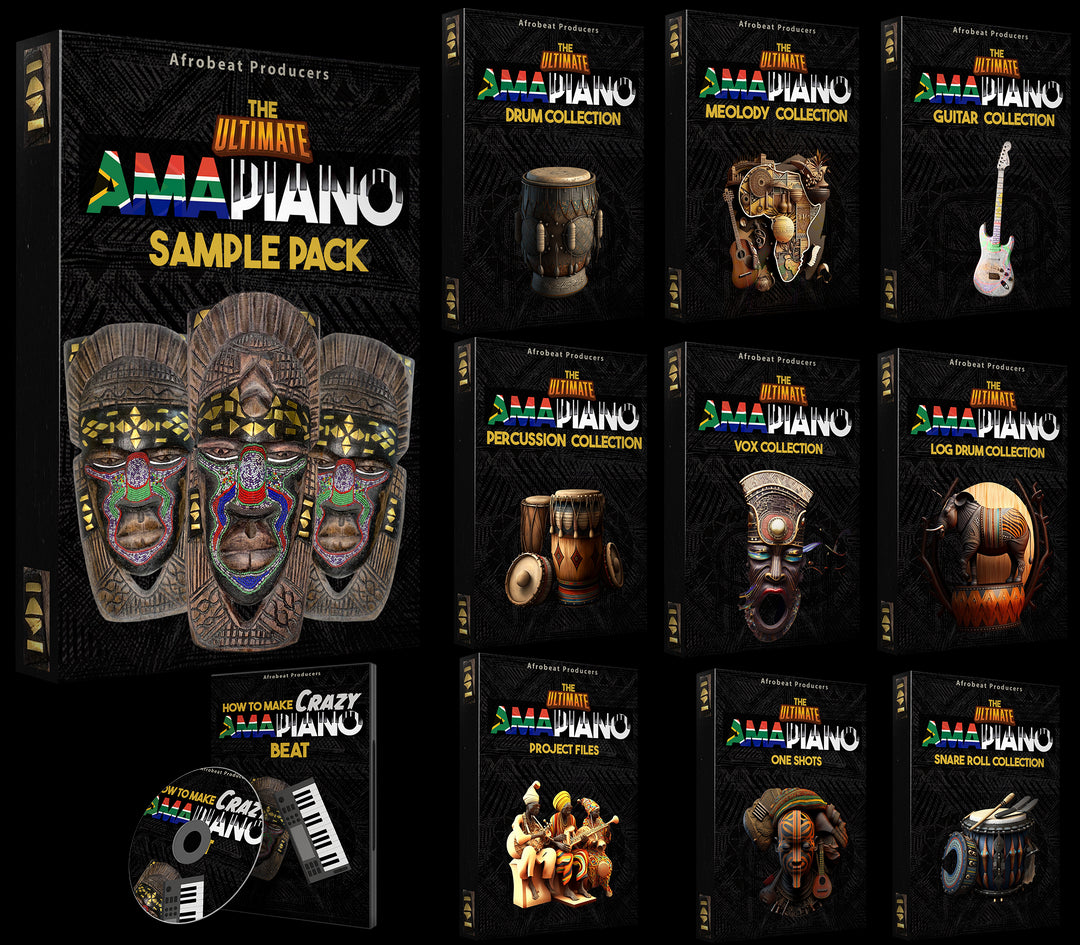
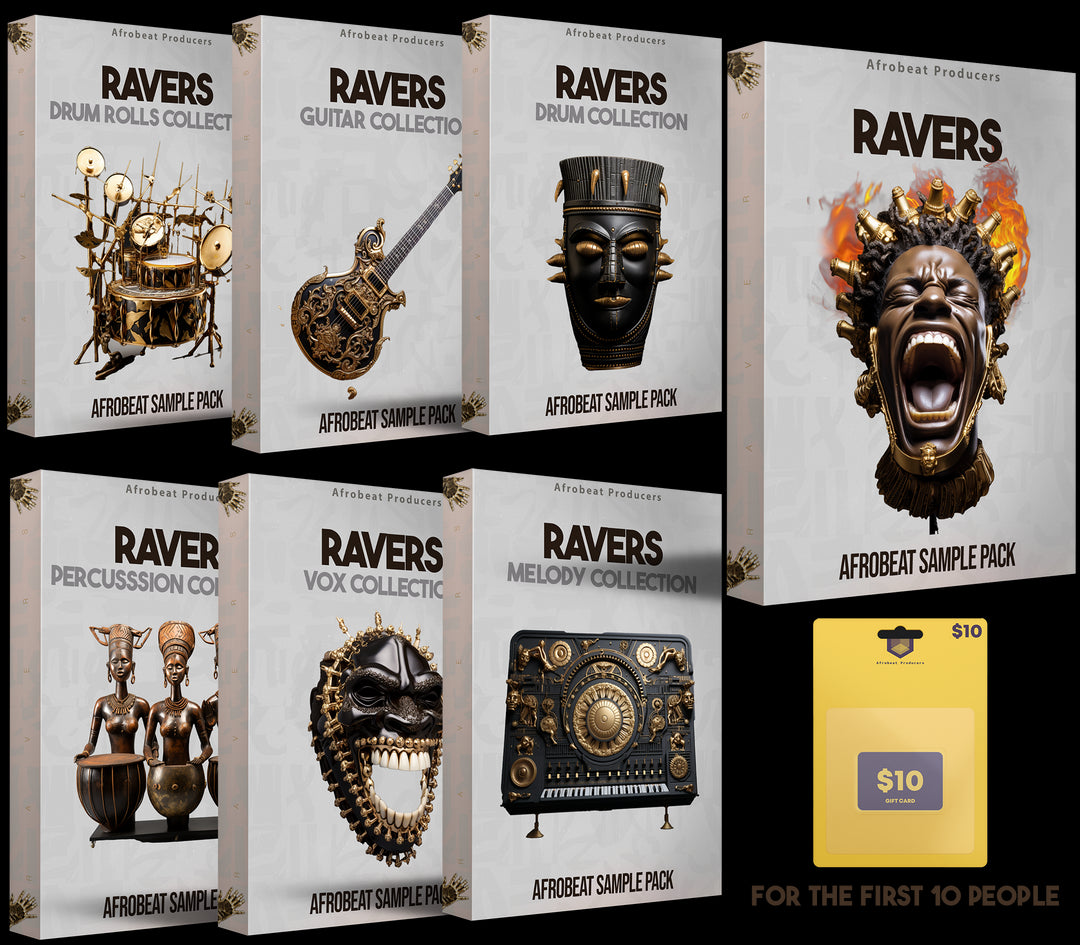
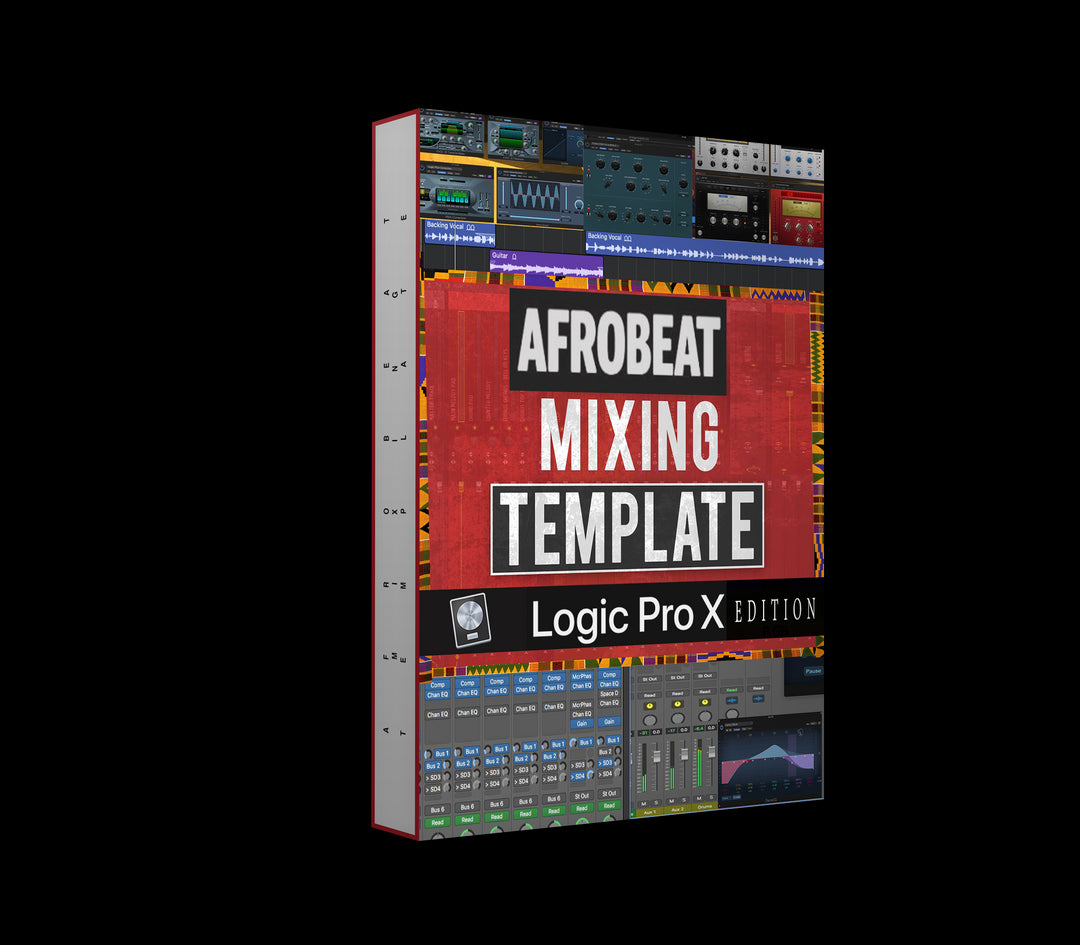
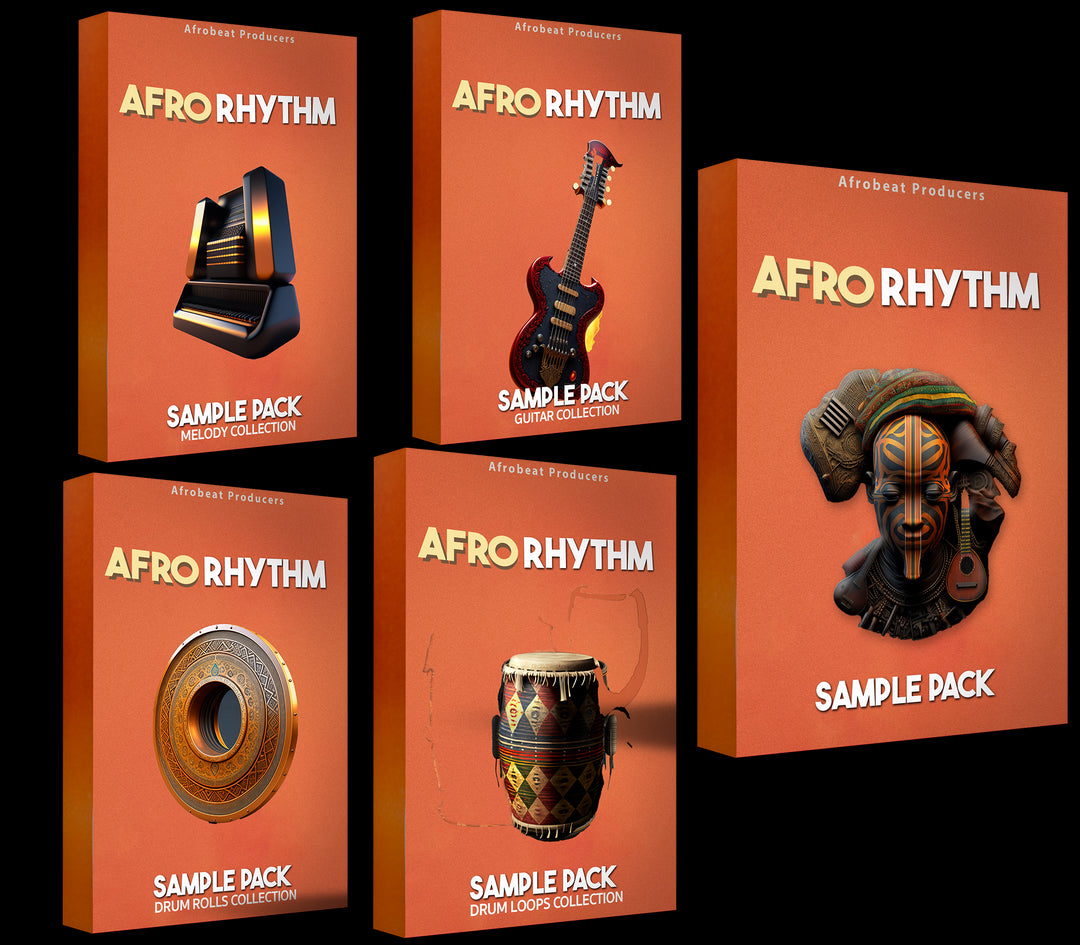
![amapiano essential sample pack download,Free Download Amapiano Log Drum Bass Pack Amapiano .WAV Samples [Works on Logic Pro ,FL Studio Abelton Live , Reason, all DAWs] Logic Pro Tutorial, free amapiano drum sample pack,Drum Loops + Construction Kit Loops Percussion Loops, Guitar Melody Loops, MIDI Melody Loops, FL Studio Fruity DX10 - Log Drum Presets Log Drums (MIDI Melody) Log Drums (Wave Audio) MIDI Snare DRum Loops + One Shots Rolls and Fills Shaker Loops Vox Chops VST Plugins Presets FX + BONUS](http://afrobeatproducers.com/cdn/shop/files/AmaPianoEssentialSamplePackVol.2.png?format=jpg&v=1701804430&width=1080)
